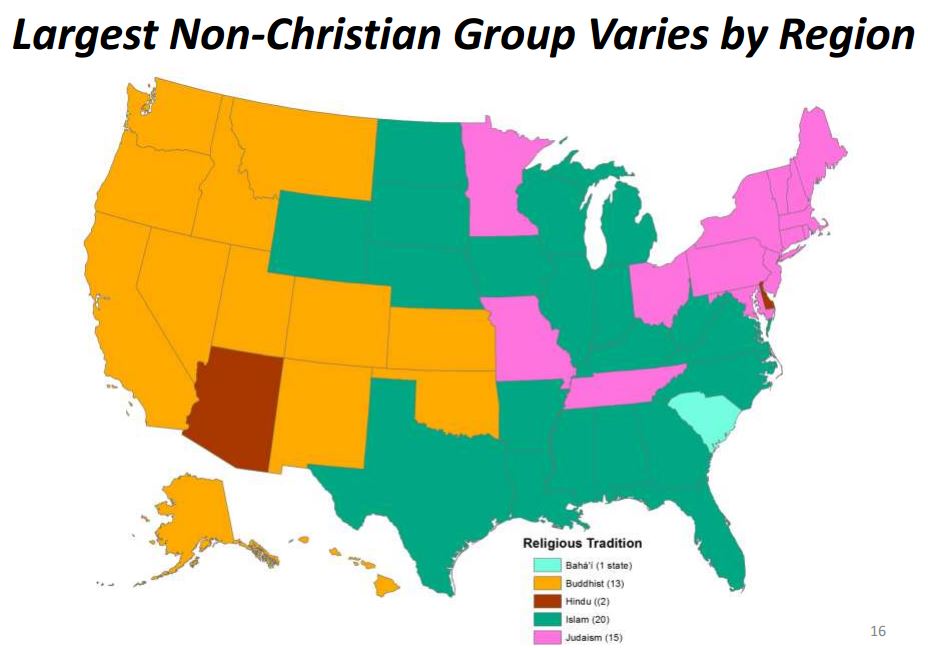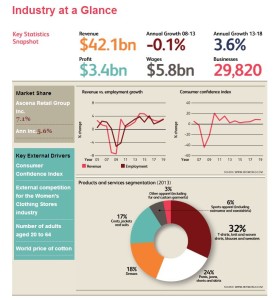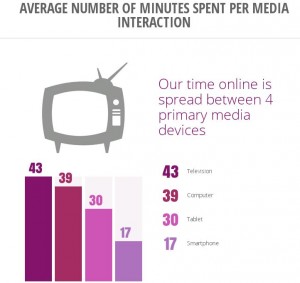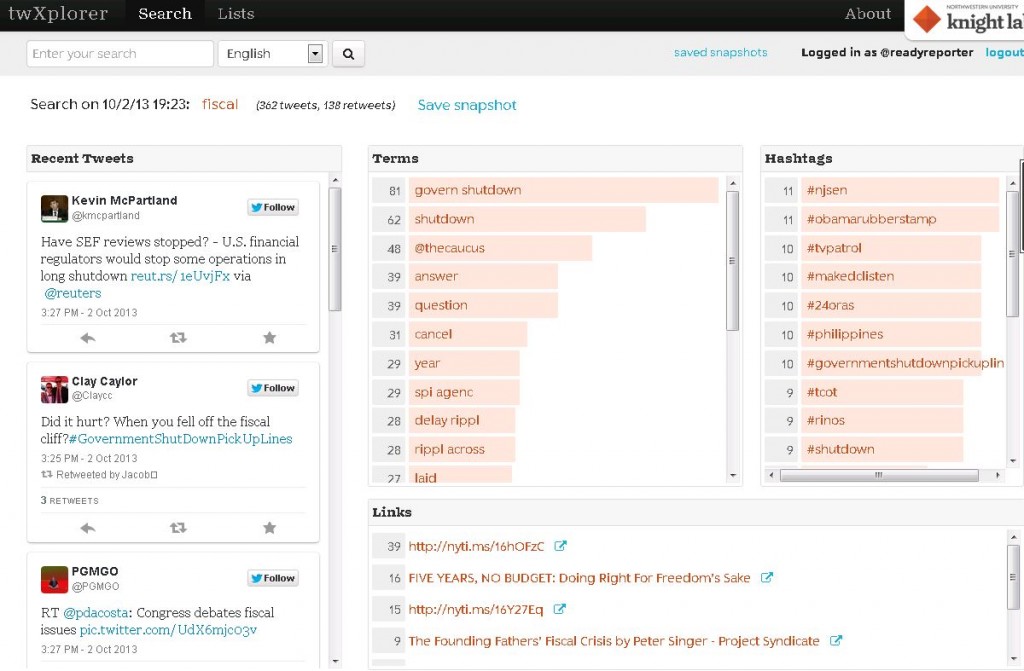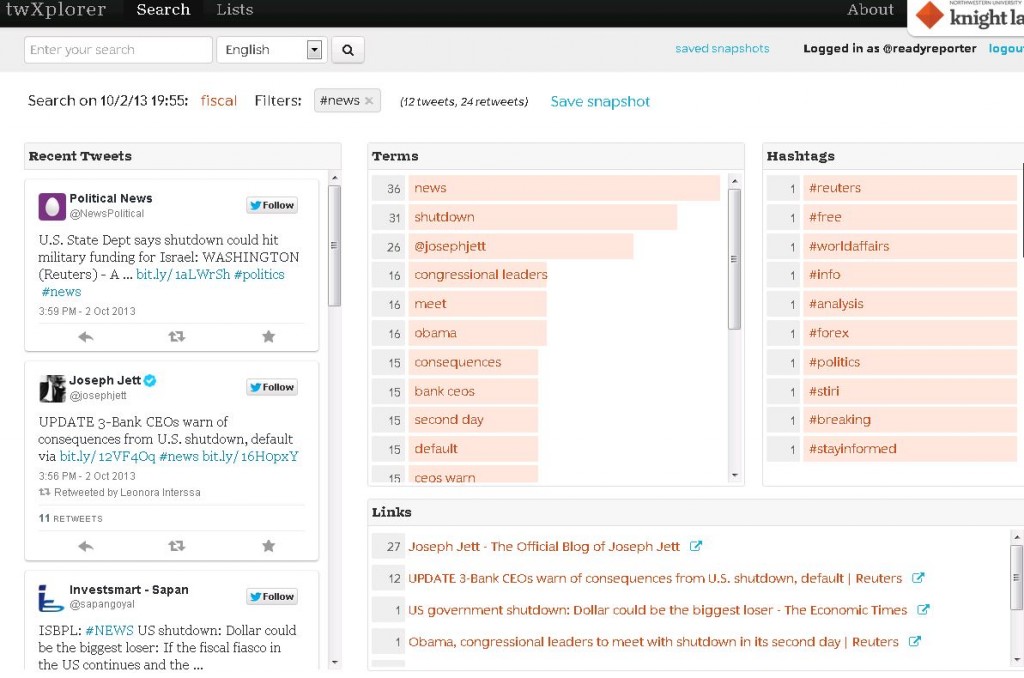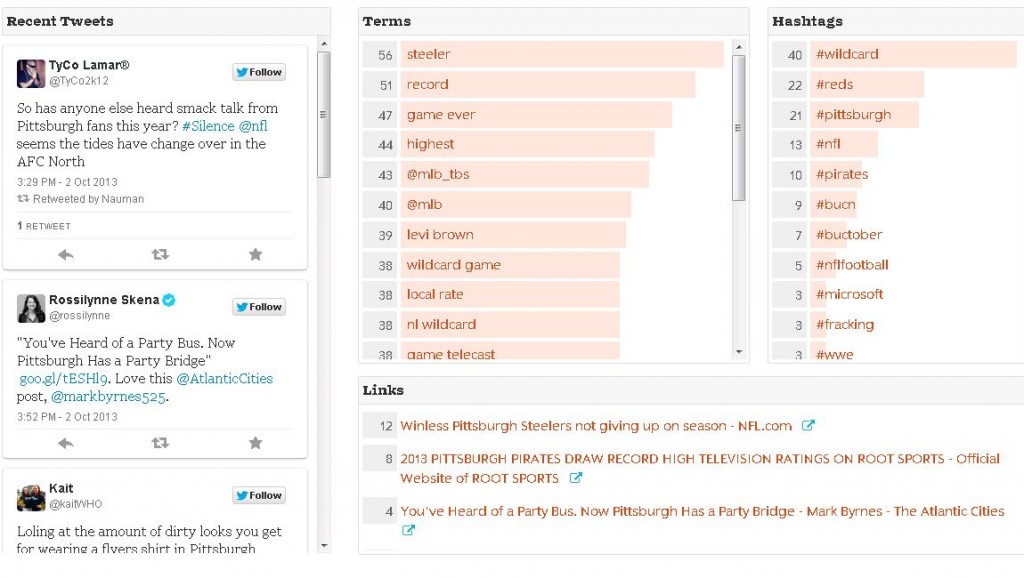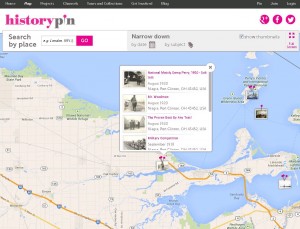I remember a colleague who is Jewish said that his family tradition on Christmas was to go to a movie. My new friend whose heritage is Indian said she volunteered to work on December 24 and 25, so those celebrating Christmas could be with their families. We are an increasingly diverse society and many people do not follow Christmas traditions or celebrations.
But by the Monday of Christmas week, most news outlets have done a lot of stories on caroling and concerts, needy families and special present drives. What about finding a good human interest story this week about how people who are not Christian deal with all the commercialism and tradition at this time of year. How hard is it for children and families to not be a part of something that seems ingrained in society, if not as a religious celebration, then as a cultural tradition?
This map, from the Association of Statisticians of American Religious Bodies shows the predominant non-Christian faith traditions:
Some leads on where to find people in your area who may have interesting stories about not observing Christmas:
- refugee resettlement office
- local synagogue, mosque/masjid, Buddhist Center, Hindu mandir or other religious organizations
- a religious school
- an interfaith organization
- the religion department at a nearby university
- an international center
- an Indian dance school or a martial arts center
- a local hospital with a child psychologist on staff
